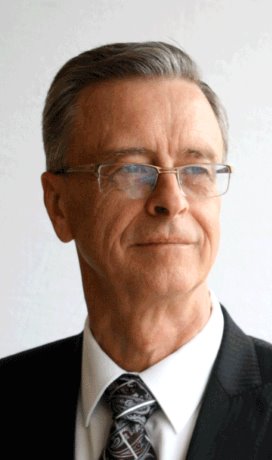Despite recent economic downturns and “continued uncertainty” in many parts of the country, the Canadian consulting engineering industry is faring well overall, says Murray Thompson, newly elected chair of the Association of Consulting Engineering Companies-Canada. (ACEC).
“Aging infrastructure, as well as new infrastructure to support resource development will only increase the demand for consulting engineering services,” he recently told the association’s annual general meeting.
The industry last year reported $22.54 billion in revenues.
Thompson, vice-president of URS Canada Inc., said the industry, however, is facing some “huge changes” related to environmental sustainability, public-private partnerships, technology such as Building Information Modeling, and contract language.
“Governments attempt to address environmental matters through regulation,” he said.
“However, it will be engineers and engineering companies who develop practical ways to decrease impacts on the environment and increase sustainability while implementing projects that facilitate Canada’s continued growth and prosperity.”
Thompson, who has served on the ACEC board of directors since 2008 and succeeded Alberta’s Herb Kuehne as chair, said that in many parts of Canada, public-private partnerships and design/build projects are becoming “normal ways” for governments to deliver major infrastructure.
“This in turn means a whole new set of rules for Canadian engineering companies,” he said.
“We are working with new clients. We are working with contractors and financial institutions who want different working relationships.”
At the same time, Thompson said, governments are entering into “far-reaching” trade agreements and encouraging large foreign engineering companies to enter the Canadian marketplace.
“In the past, we have thought that globalization meant exporting our services to other countries, which it still does, but clearly now it also means the rest of the world is coming to us.”
But the new world for engineering companies is not just limited to the public sector, Thompson said.
Large private-sector companies are increasingly outsourcing work and looking for global expertise and alliances to fulfill their engineering needs.
“These changes in client relationships present both an opportunity and challenge to implement qualifications-based selection into the procurement of engineering services.”
As well, a revolution is also occurring on the technology front, said Thompson, a graduate of the University of Waterloo who has devoted his career to planning and design of transportation infrastructure in Ontario.
“Social media and technologies such as BIM will define how engineering work is done and communicated to our colleagues, stakeholders and the public,” he said.
“These new technologies and practices will also find their way into contract language.”
The meeting was held during the association’s annual summit at the Rodd Brudenell River Resort in Prince Edward Island.



Recent Comments
comments for this post are closed